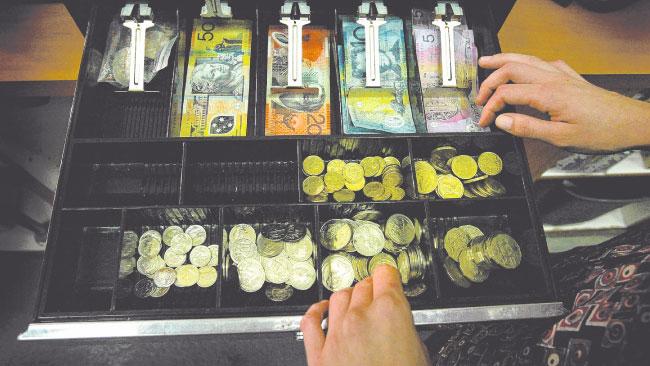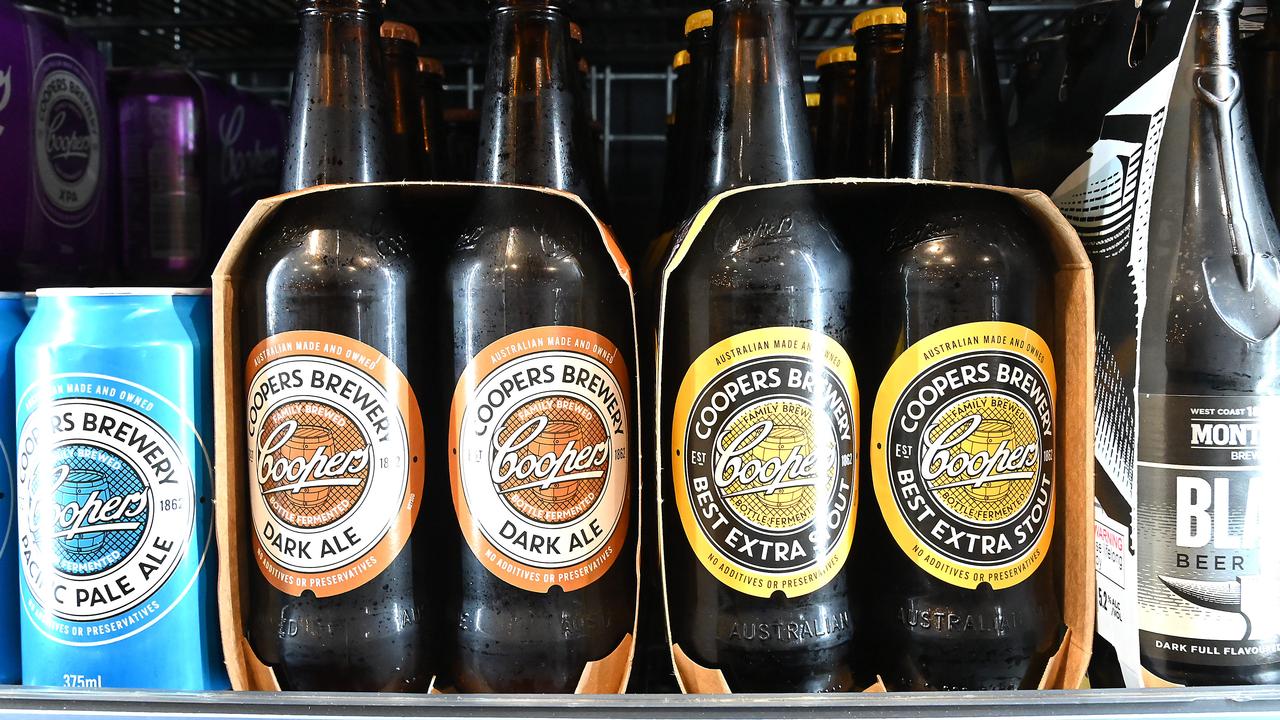Business trying to absorb carbon tax
STRUGGLING manufacturing firms are experiencing a carbon tax squeeze, but many are unwilling to raise prices.

Small Business
Don't miss out on the headlines from Small Business. Followed categories will be added to My News.
STRUGGLING manufacturing firms are experiencing a carbon tax squeeze, the greenhouse scheme adding 14.5 per cent to energy bills, but many are unwilling to raise prices.

NOTE: A complaint to the Australian Press Council about this article was upheld in part.
Read the full adjudication http://www.presscouncil.org.au/document-search/adj-1583/
Construction firms and food suppliers are doing it particularly tough, according to an Australian Industry Group survey of 485 companies.
In the most comprehensive snapshot since the July 1 2012 introduction of the carbon tax, it is described as a "significant slug".
The industry lobby estimates around 60 per cent of its members are unlikely to pass the carbon tax on to customers, placing many businesses "under considerable pressure".
Most small-to-medium-sized businesses receive no carbon tax compensation from Canberra, and rely on passing on the higher costs to customers.
The AIG survey found the carbon tax impact was slightly lower for service provider firms - 13.6 per cent - compared to construction firms, who face an average increase of 14.8 per cent.
AIG chief executive Innes Willox said the impact of the carbon tax on "niche groups" such as food manufacturers is "probably greater than anticipated".
But as Tony Abbott promises to axe the tax if he wins office, other companies say the carbon tax is not as bad as they first feared.
NSW service station operator Craig Glasby expected it would add 15 per cent to his energy costs, but now estimates the carbon tax will add around 11 per cent.
Mr Glasby, who also operates a Foodworks supermarket from the Central Coast, says he has introduced low-wattage lighting and other "green" appliances to try lower his energy costs.
But he has also put up his prices in order to try and recoup additional charges of around $850 a month.
"I still think it's an impost that we should not have to pay. (The Government) should reward good behaviour, instead," Mr Glasby said.
Another small business owner, Greg Northrop, estimates his company power bill had increased by $120,000 a year to almost $700,000.
"We put out a letter to our customers and told them about the carbon tax effect and we were told quite clearly they were not going to accept price increases," said Mr Northrop, who runs electrical cabling manufacturer Tycab Australia on Melbourne's outstkirts.
"Our biggest competitors are Chinese companies, who are already benefiting from the high Australian dollar and the devaluation of their currency.
"The last thing we were going to do was to increase prices and give them an advantage."
A spokesman for Climate Change Minister Greg Combet said the AIG report confirmed that carbon pricing is a "manageable economic and environmental reform, in contrast to Tony Abbott's scare campaign that it would be the death of entire industries and regions".
The carbon price impact on total costs for business was an increase of around 0.2 per cent of revenue, the spokesman said.


